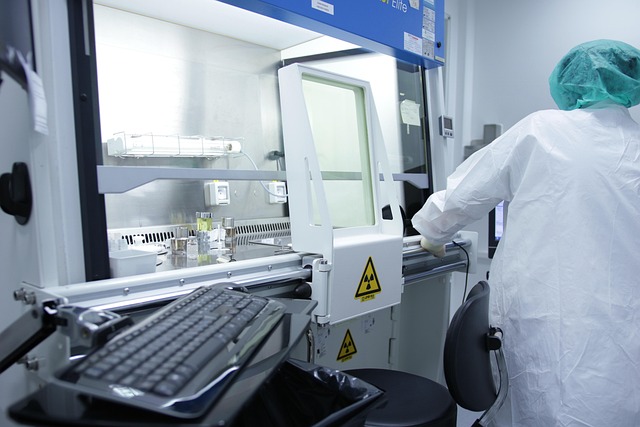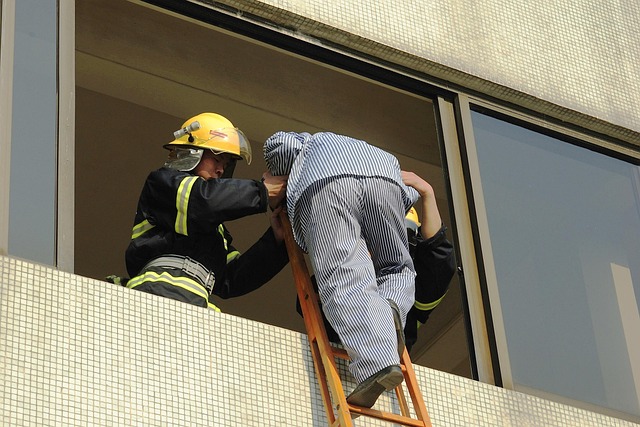In today's digital era, verifying hospitality worker credentials is paramount for ensuring guest safety and business protection. Background checks, including identity, employment, and criminal record verification, are crucial tools in mitigating risks and fostering trust. Automated platforms leveraging biometric data and facial recognition streamline the process, reducing errors and expediting onboarding. Best practices include thorough background checks, employment verification, reference checks, digital platforms, strict access control, secure communication, and regular security protocol training, all focused on enhancing guest well-being and business reputation.
In today’s world, ensuring guest safety is paramount in the hospitality industry. Verifying the background of workers is an essential step to protect both guests and businesses from potential risks. This article delves into the critical role of hospitality worker credentials and background checks. We explore why verifying skills and histories is vital for maintaining a secure environment, implementing efficient systems, and best practices to safeguard all involved. Understanding these aspects is key to enhancing guest experiences while mitigating liabilities.
- Understanding the Importance of Hospitality Worker Credentials
- The Role of Background Verification in Safety and Security
- Implementing Efficient Credential Verification Systems
- Best Practices for Maintaining a Secure Hospitality Environment
Understanding the Importance of Hospitality Worker Credentials
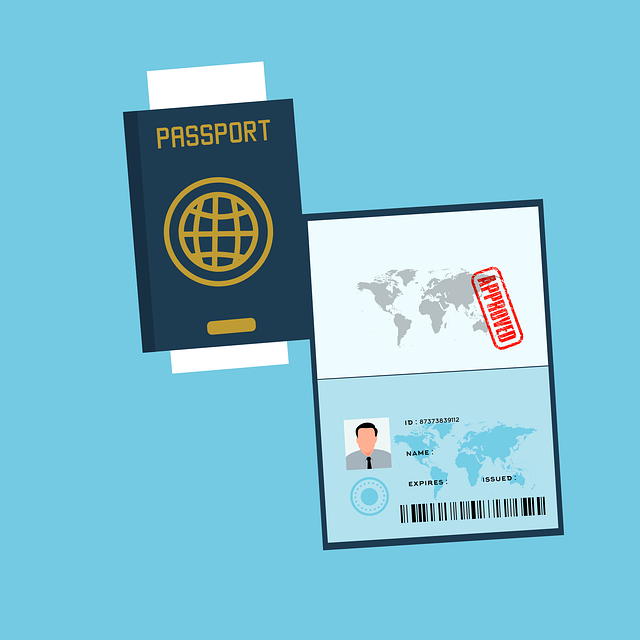
In today’s digital era, where security and safety are paramount, understanding the importance of hospitality worker credentials cannot be overstated. Hospitality workers, including staff at hotels, restaurants, and event venues, play a crucial role in ensuring guest well-being. Their interactions with guests can significantly impact overall experience and safety. Therefore, verifying their background is essential to protect both the business and its patrons.
Hospitality worker credentials serve as a robust defence mechanism against potential risks. They help verify an individual’s identity, work history, and any relevant certifications or training. By thoroughly screening each staff member, businesses can be confident that they are employing trustworthy individuals who possess the necessary skills to perform their duties competently. This process is vital in creating a secure environment where guests feel safe and valued.
The Role of Background Verification in Safety and Security
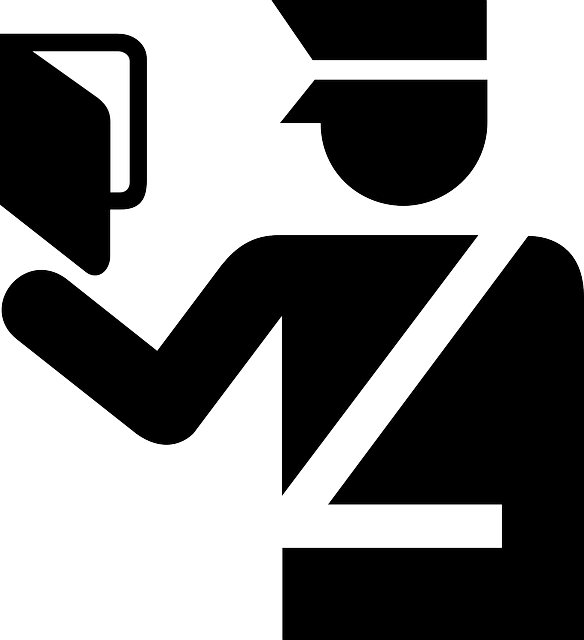
In today’s world, ensuring safety and security is paramount in every industry, and the hospitality sector is no exception. Background verification plays a crucial role in protecting guests by thoroughly screening potential hospitality workers before they interact with them. This process involves verifying their identities, employment history, and any relevant criminal records, ensuring that only trustworthy individuals are granted access to guests.
By implementing robust background checks, hotels, restaurants, and other hospitality establishments can mitigate risks and create a secure environment for their guests. It helps prevent unauthorized or malicious individuals from gaining employment, thereby safeguarding both the customers and the reputation of the business. This is particularly important as it ensures that hospitality workers have the appropriate credentials and do not pose any potential threats, fostering trust and confidence among patrons.
Implementing Efficient Credential Verification Systems

In today’s digital era, the hospitality industry is facing increasing challenges in verifying the backgrounds of its workforce, particularly as many roles require access to sensitive areas or guest data. Implementing efficient credential verification systems is no longer a nice-to-have but a necessity. Hotels, restaurants, and other establishments must adopt robust processes to ensure that only qualified and trustworthy individuals are granted access.
Automated background check platforms equipped with advanced identity verification technologies play a pivotal role in streamlining this process. These systems can quickly cross-reference biometric data, such as fingerprints or facial recognition, against government databases and known criminal records. By digitizing hospitality worker credentials, businesses can reduce human error, speed up onboarding times, and most importantly, enhance guest safety by minimizing the risk of unauthorized access to facilities or confidential information.
Best Practices for Maintaining a Secure Hospitality Environment
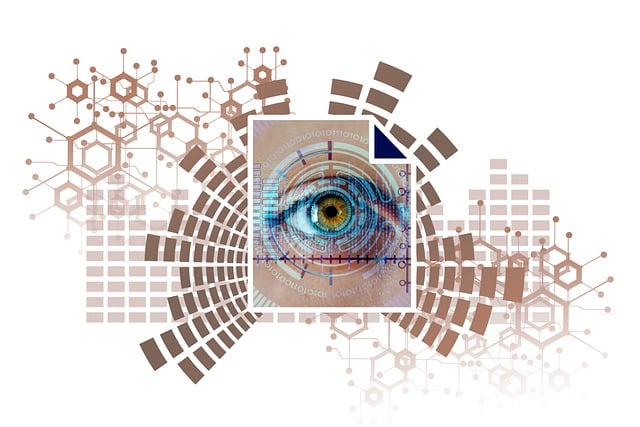
Creating a secure environment in hospitality settings is paramount, especially considering the diverse interactions between staff and guests. To protect everyone involved, establishing robust best practices for verifying hospitality worker credentials is non-negotiable. This process should encompass thorough background checks, encompassing criminal history, employment verification, and reference checks. Adopting digital platforms for managing these verifications streamlines efficiency while ensuring data security.
Implementing strict access control measures, limiting guest and staff movement within the facility, and utilizing secure communication channels further fortify security. Regularly updating training programs on security protocols for all hospitality workers is crucial. This ensures a proactive approach to potential risks and demonstrates a commitment to guest safety and well-being.
